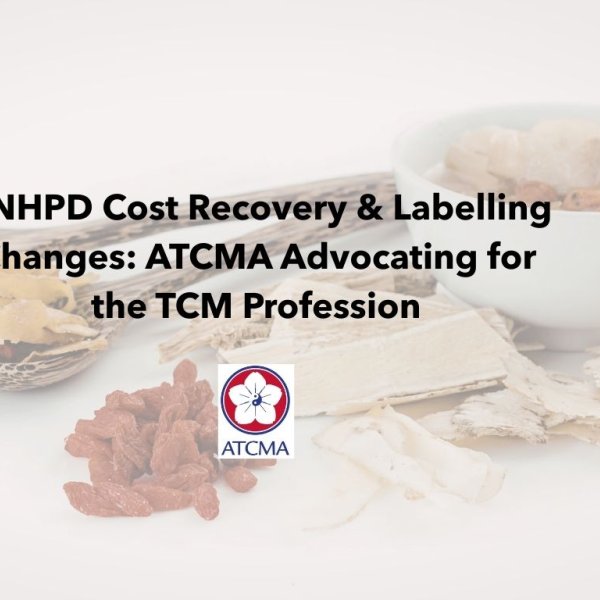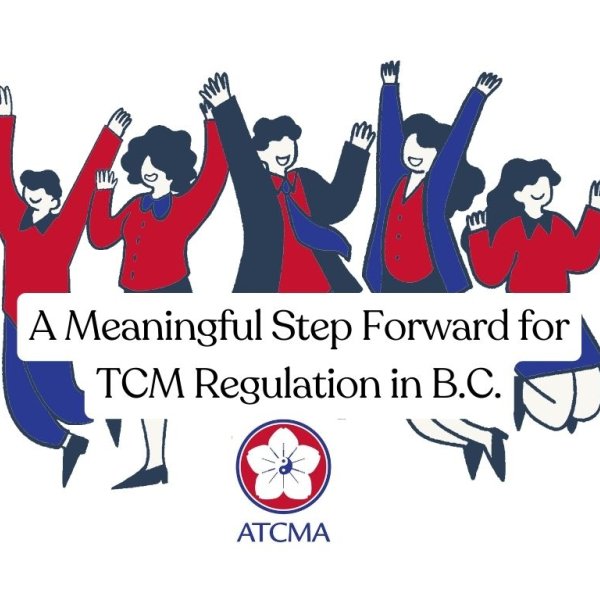Traditional Chinese Medicine (TCM) has been an integral part of many Canadians' wellness routines. However, recent proposals by Health Canada to amend regulations concerning natural health products (NHPs) have raised significant concerns among practitioners and consumers alike. These proposed changes, slated for implementation in December 2025, could profoundly impact the accessibility and affordability of TCM across the country.
Traditional Chinese Medicine (TCM) has been an integral part of many Canadians' wellness routines. However, recent proposals by Health Canada to amend regulations concerning natural health products (NHPs) have raised significant concerns among practitioners and consumers alike. These proposed changes, slated for implementation in December 2025, could profoundly impact the accessibility and affordability of TCM across the country.
Check out this article: "Proposed Health Canada changes put future of traditional Chinese medicine at risk: experts"
Understanding the Proposed Regulatory Changes
An NPN (Natural Product Number) is an eight-digit number issued by Health Canada to Natural Health Products (NHPs) that have been approved for sale in Canada. It signifies that the product has been reviewed for safety, efficacy, and quality under the Natural Health Products Regulations (NHPR).
Under Health Canada's proposed cost recovery framework, new fees will be introduced for obtaining and maintaining an NPN.
Health Canada has suggested three types of fees related to NPNs:
- Product Licensing Fees (for obtaining an NPN)
- Companies will be required to pay a licensing fee per product when applying for an NPN.
- The amount will vary depending on the complexity of the product.
- Annual Renewal Fees
- Companies will have to pay a yearly fee to maintain their NPN.
- This is similar to the existing renewal fees for pharmaceutical products.
- Site Licensing Fees (for manufacturers and importers)
- Businesses that manufacture, import, or distribute NHPs will need to pay licensing fees for their facilities.
Implications for TCM Practitioners and Businesses
Tony Cheung, President of the Chamber of Chinese Herbal Medicine of Canada (CCHMC), warns that these measures would disproportionately burden TCM businesses, severely limiting imports and reducing access to essential remedies for patients. He predicts that these changes will increase the retail prices of Chinese patent medicines by 20 to 30 percent. Many herbal formulas used in TCM contain multiple ingredients, meaning each unique combination could require separate licensing fees, significantly increasing costs for businesses and consumers alike.
Additionally, the new regulations mandate labeling updates and annual licensing fees for each product, making compliance expensive and unsustainable for many businesses.
Impact on Small Businesses
Unlike pharmaceutical companies that mass-produce single-drug treatments, Chinese medicine relies on diverse formulations tailored to specific ailments. Many small herbal stores and importers operate on tight profit margins, and the added financial burden could force them to discontinue key products. The cost of compliance may also deter new businesses from entering the market, reducing competition and leading to further price hikes.
Limited Access for Practitioners and Patients
Practitioners of Traditional Chinese Medicine rely on a wide variety of herbal products to customize treatments for their patients. If the availability of these remedies decreases, their ability to provide effective care will be compromised. Patients who rely on herbal medicine for chronic conditions, such as digestive issues, pain management, or stress relief, may find their preferred treatments unavailable or unaffordable.
The public will also have fewer alternatives, reducing their ability to make informed choices about their health. For many, Chinese herbs provide a gentler, holistic approach to healing, and restricting access could push individuals toward less suitable or more expensive treatments. It may also mean that the only way to access their Chinese herbal formulas is to order online from outside of Canada, possibly from riskier sources that don’t need to follow as many (or any) safety and efficacy requirements.
A Call for Balanced Regulation
Health Canada’s goal of ensuring safety and quality in the natural health sector is understandable, but critics argue that the current approach is too rigid and financially burdensome. Industry groups, associations (including ATCMA), and stakeholders are urging Health Canada to reconsider the proposed changes and implement a more balanced framework that acknowledges the unique nature of TCM.
The future of Chinese herbal medicine in Canada depends on regulatory policies that prioritize both consumer safety and accessibility. Without greater adjustments to the proposed fee structure, many small businesses may struggle to survive, practitioners will face limitations in their treatments, and patients will encounter higher costs and reduced options.
Now is the time for policymakers to engage with stakeholders and create a solution that supports both regulatory integrity and the continued availability of Traditional Chinese Medicine in Canada.
Broader Impact on Natural Health Products
The new regulations don't just affect TCM but all NHPs. Aaron Skelton, President and CEO of the Canadian Health Food Association (CHFA), notes that if these laws proceed, they will restrict access to essential remedies and severely limit consumer choice. This isn't just a threat to businesses but also to the preservation of cultural heritage.
Advocacy and Public Engagement
In response to these proposed changes, the CCHMC and CHFA have launched campaigns to raise awareness about the potential impact on TCM. They are collecting signatures for a petition urging the government to implement balanced regulations that protect access to TCM and other NHPs. Sign NOW, if you haven’t already, as the petition will be presented to Parliament sometime this month.
Conclusion
The proposed regulatory changes by Health Canada have sparked a critical conversation about the future of Traditional Chinese Medicine in Canada. As the implementation date approaches, it is imperative for policymakers to engage with stakeholders, consider the unique nature of TCM, and strive for a balanced regulatory framework that ensures both public safety and the preservation of cultural heritage.
For more information, check out ATCMA's article on these regulatory changes and action steps you can take here.



Login to comment
Comments are only available to registered users. Not registered yet? Create a free account now.